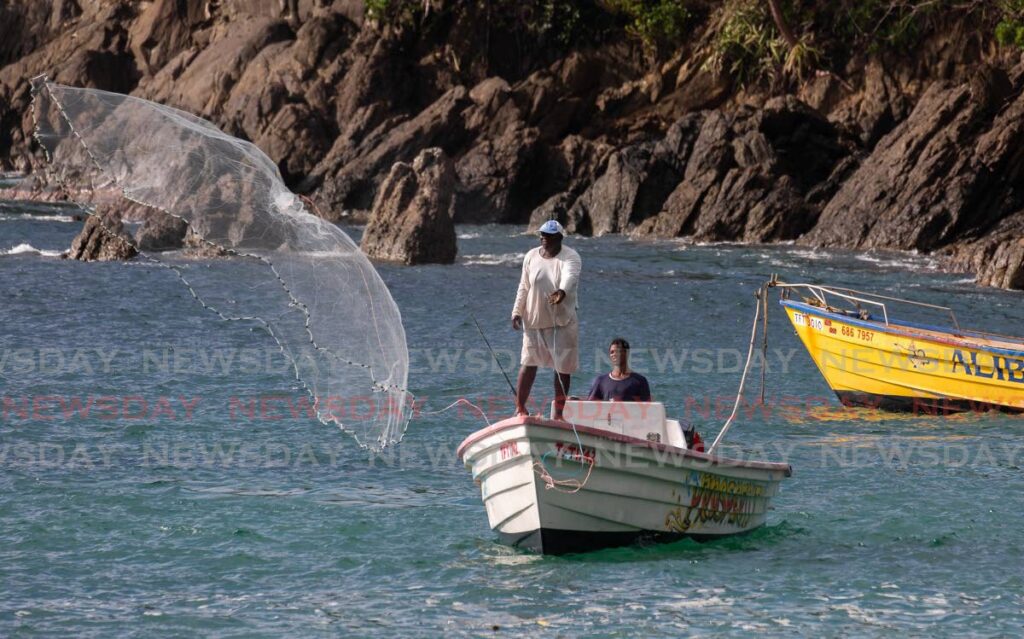Landing the flying-fish problem

The running dispute over access to flying-fish stocks in the seas between Tobago and Barbados has been going on for more than two decades.
At the core of the problem is the migration of much of the flying-fish stock from waters off Barbados to the territorial waters of Tobago, a possible consequence of global warming.
Complicating the matter is a change in the boundaries of territorial waters globally since 1982 that expanded the traditional range of territorial waters from 22 kilometres to the new Exclusive Economics Zone (EEZ).
The EEZ expands the range of economic exploitation off a country’s coastline to 370 kilometres or 200 nautical miles.
The distance between Tobago’s northern coast and the southern coast of Barbados is just 246 kilometres, creating an area of common exploitation that overlaps for both island states.
Beyond the business aspect of the issue is a matter of national pride for the island of Barbados, which at one point promoted itself as the Land of the Flying Fish. The country’s one dollar coin is stamped with an image of the flying fish.
In Barbados, harvesting flying fish has been part of both the island’s business and culture for centuries so it shouldn’t be surprising that Barbadian fishermen pursued the right to harvest the signature delicacy with enthusiasm.
Between 1992 and 2002, the change in fishing access rights settled into an uneasy truce which remained prone to occasional flashpoints and confrontation. The running dispute between TT and Barbados continued before it eventually ended up in the Netherlands, in a case heard before the Permanent Court of Arbitration in the Hague.
A ruling on territorial boundaries was made in April 2006, and a gentleman’s agreement seems to have governed the way that fishing has been handled between the countries until recently.
On Thursday, the president of the All-Tobago Fisherfolk Association (AFTA) called on the government last week to make a formal intervention into the perceived inroads that fishing fleets from Barbados have been making into stocks of flying fish.
AFTA believes that the stocks are being over fished by Barbadian fleets and is now calling for a seat at the table when discussions on how to manage the situation are convened.
On April 19, Barbados’ PM noted that she had discussed the matter with Dr Rowley, but the two Caribbean leaders agreed that they could not make an assessment on claims of overfishing. She put it to both countries’ fisheries authorities to deal with the matter. It’s a real concern and one that should be explored as part of any talks.
There’s little point in squabbling over the flying-fish resource if it hasn’t been properly assessed and appropriate catch limits for both countries have been established.
Managing sustainable harvesting of existing flying-fish stock must be part of the discussions.


Comments
"Landing the flying-fish problem"